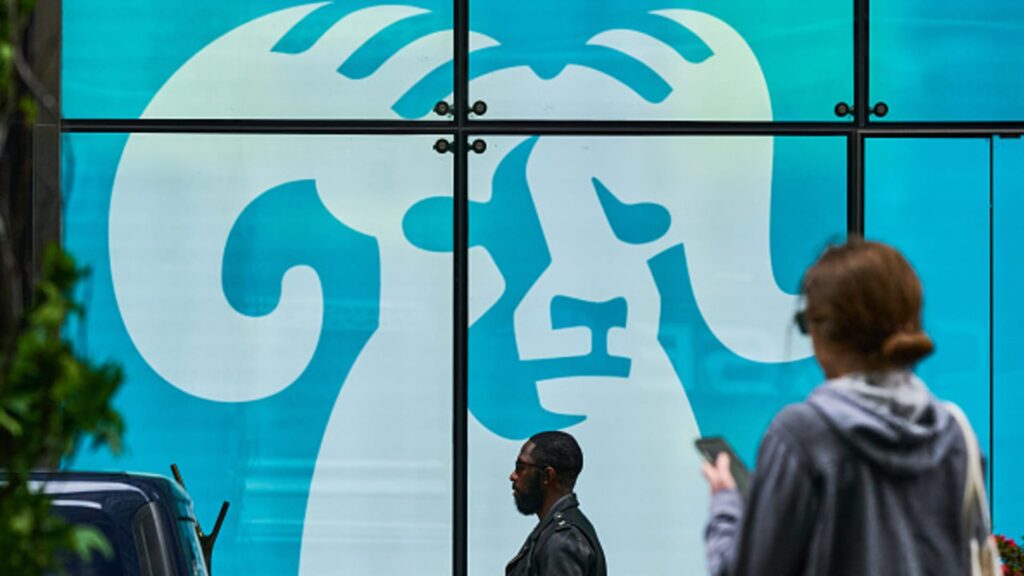Early exposure to artificial intelligence through a simple investment framework has helped the T. Rowe Price Global Technology Fund (PRGTX) outperform the market for two consecutive years. “AI is arguably the biggest productivity booster for technology and the economy since electricity,” said Dominic Rizzo, portfolio manager at the fund. “Our framework allowed us to get in on this AI trend early. [and] “That's what allowed us to be early adopters of this chip intensity of AI trend,” he said. The fund soared nearly 56% in 2023 before soaring more than 26% in 2024, in part because of successful bets on AI and semiconductor stocks, many of which have outperformed the S&P 500 and Nasdaq Composite Indexes. Rizzo, a tenured T. Rowe Price employee who took the helm of the fund in 2022, attributes PRGTX's success to a four-stage investment framework. The first pillar is what he calls “embedded technologies,” which are essential to a company's success. This includes artificial intelligence for semiconductor companies such as Nvidia. The fund manager also looks for innovation in secular growth markets, that is, companies that are gaining share faster than their competitors in fast-growing markets. Another driver is improving fundamentals, as measured by improving free cash flow, expanding operating margins and reasonable valuations. “The way you lose money in tech is by buying very expensive stocks,” he says. “Or buying very cheap stocks, which often makes you cheap,” he says. “In the technology sector, very cheap stocks are usually cheap for a reason. [while] “Extremely expensive stocks are just too expensive to get huge returns.” Early investment in AI Key to the $4.5 billion fund's recent success has been an early investment in AI stocks and semiconductor maker darling Nvidia. The AI leader, which was added to the fund at the end of 2021, now makes up about 18% of the portfolio. The stock is up 166% since the beginning of 2024. “Nvidia is clearly the linchpin for AI,” Rizzo said. “They've done a great job of building the different pieces you need: the central processing unit, the graphics processing unit, the networking technology, the software ecosystem. They really have all the different pieces you need. ” But the AI darling is not Rizzo's only semiconductor play in the AI theme. Taiwan Semiconductor Manufacturing and Advanced Micro Devices make up 5% and 4% of the portfolio, respectively. Chip equipment maker ASML Holdings and semiconductor maker Analog Devices, at about 5% combined, are also among the fund's top 10 holdings. Outside of chipmakers, Rizzo is also making big bets on Apple and Microsoft, which make up 12% and about 10% of the portfolio, respectively. The two are the fund's second- and third-largest holdings after Nvidia. Rizzo highlighted Microsoft's enterprise software leadership and Apple's consumer dominance. Both stocks bring stability to the portfolio and trade at reasonable valuations with the potential for compound growth, he added. As for Apple, Rizzo touted the healthy growth of the company's services business and smartphone growth in emerging markets as potential catalysts for the stock. More important is Apple's AI vision, which Booth, who earned his MBA from the University of Chicago, expects will drive smartphone upgrade cycles. Apple unveiled its long-awaited AI plans at its Worldwide Developers Conference this week, naming it Apple Intelligence. Features include an upgrade to its Siri digital assistant with ChatGPT integration. Microsoft's allure As for Microsoft, Rizzo highlighted its partnership with OpenAI that bolsters the company's AI prospects, as well as the unique position of its Azure cloud computing business. Rizzo also sees software holdings such as SAP and ServiceNow as beneficiaries of the next phase of the AI tailwind, well positioned to profit from the data needed for AI. “We had a framework and investment style that was well-suited for this type of market,” Rizzo said. “We hope that our investment framework will continue to prove to work, regardless of market conditions.” The fund has a minimum investment of $2,500, a net expense ratio of 0.94%, and a two-star rating from Morningstar. In a report late last year, the firm said the Global Technology fund was “off to a good start” and that it “shows some promise but still has a lot to prove” after its revamp with Rizzo in 2022.



